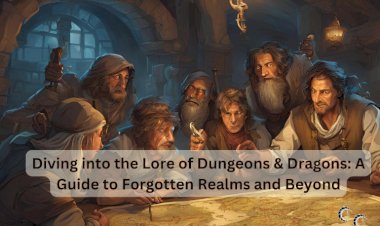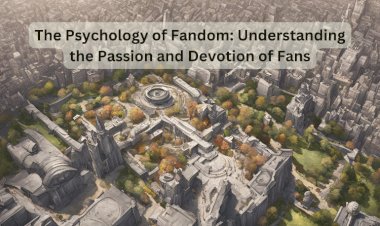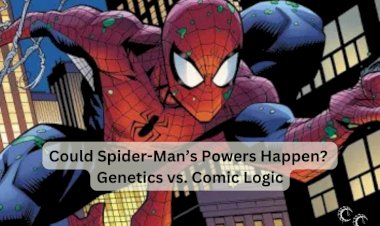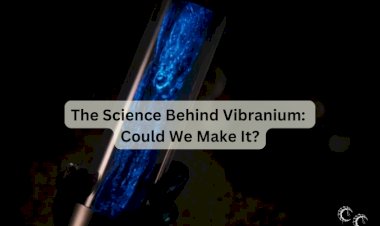The Philosophy of Time Travel: Examining Temporal Paradoxes and Philosophical Implications
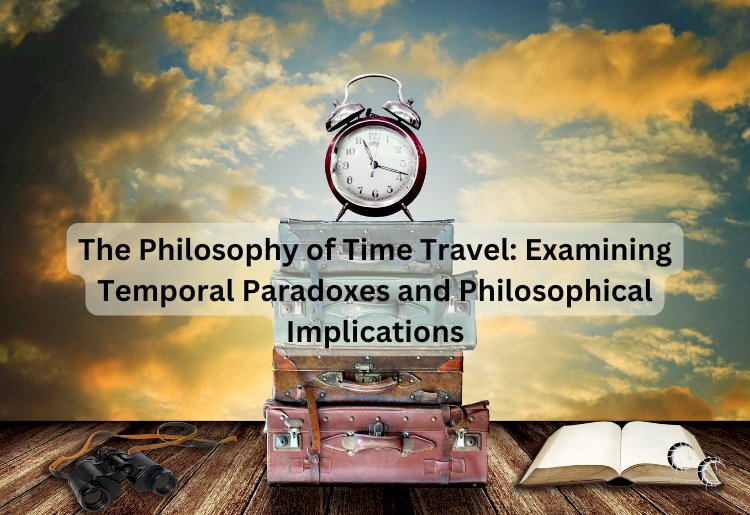
Time travel has long captivated the imagination of science fiction fans and philosophers alike. From the DeLorean in Back to the Future to the time machine in H.G. Wells' classic novel The Time Machine, the concept of traveling through time has sparked curiosity about the nature of time, reality, and free will. But while time travel makes for thrilling stories, it also presents intriguing philosophical questions and paradoxes that challenge our understanding of the universe.
In this article, we will explore the philosophical implications of time travel, focusing on the paradoxes it creates and how these paradoxes challenge ideas like causality, free will, and the nature of reality itself.
Understanding Time Travel: A Brief Overview
Time travel, in its simplest form, involves moving backward or forward through time—either by using a machine or some other means. While the idea of traveling through time has been a staple of fiction, modern physics provides some fascinating theoretical underpinnings for the concept.
Albert Einstein’s theory of relativity suggests that time is not a constant, immutable force but rather a flexible dimension that is affected by factors like gravity and velocity. According to general relativity, the fabric of space and time is intertwined, creating what we call spacetime. This opens up the possibility that time travel could exist, although its feasibility remains highly theoretical.
Nevertheless, time travel in popular culture often takes a more fantastical form, with characters able to move freely through time. This freedom raises a host of philosophical dilemmas and paradoxes that challenge our understanding of time and causality.
The Grandfather Paradox: A Causality Nightmare
One of the most famous philosophical paradoxes related to time travel is the grandfather paradox. The paradox is straightforward but deeply troubling:
- Imagine you travel back in time and kill your grandfather before your parent is born.
- If your grandfather is killed before your parent is born, your parent would never exist.
- If your parent never exists, neither would you.
- If you never existed, you couldn’t have traveled back in time to kill your grandfather in the first place.
This creates a logical loop that seems impossible to resolve. If you prevent your own existence by altering the past, how could you have existed to alter it in the first place?
The grandfather paradox is a compelling example of the consequences of time travel on causality, and it forces us to reconsider our understanding of cause-and-effect relationships. Does the past remain fixed, no matter what actions we take, or can it be rewritten? Is time linear, or is it more like a branching web of possible realities?
The Bootstrap Paradox: A Time Loop with No Origin
Another well-known paradox in time travel philosophy is the bootstrap paradox (also known as a ontological paradox). This paradox explores the idea of objects or information that exist without a clear origin, creating an infinite loop in time.
Imagine this scenario:
- A time traveler goes back in time and gives Shakespeare a copy of his own works.
- Shakespeare publishes the works as his own, and they are later passed down to the time traveler, who takes them back in time.
- The time traveler continues to give Shakespeare his works, creating a loop where the origin of the works is unclear.
The bootstrap paradox questions the nature of creation and originality. If an object or piece of information has no clear origin—if it is simply passed through time like a never-ending cycle—then it becomes difficult to answer the fundamental question: Where did it come from?
This paradox suggests that time travel could allow for the existence of things without a clear cause, challenging our conventional understanding of the origin of objects and events. If something exists because it has always existed in a closed loop, does it really "exist" at all, or is it merely an artifact of time’s complexity?
Many Worlds Interpretation: Branching Realities and Alternate Timelines
One possible resolution to the paradoxes of time travel comes from the many-worlds interpretation (MWI) of quantum mechanics. This interpretation suggests that every time an event has multiple possible outcomes, the universe "splits" into different realities, each corresponding to one of the possible outcomes.
In the context of time travel, the many-worlds theory posits that when a time traveler alters an event in the past, it doesn’t create a paradox because the traveler’s actions result in the creation of an alternate timeline or parallel universe.
For example:
- If you travel back in time and kill your grandfather, you wouldn’t erase your own existence within the timeline you came from.
- Instead, you would create a new timeline where you never existed, but the original timeline would remain unaffected.
- In essence, each decision or action you take while traveling through time spawns a new branch of reality.
This theory allows for the possibility of time travel without the creation of paradoxes, as each change in the past would simply lead to the creation of an alternate timeline rather than undoing your own existence.
The many-worlds interpretation challenges our understanding of reality, suggesting that there is no single, definitive timeline for the universe but rather an ever-expanding set of parallel universes, each containing different versions of events and outcomes.
Free Will, Determinism, and the Nature of Time
One of the most profound philosophical questions raised by time travel is the nature of free will and determinism. If time is mutable and we can change the past, does that mean the future is set in stone?
Consider the concept of predestination—the idea that all events are determined in advance. If time travel allows us to change events in the past, does that mean our actions are predetermined, or are we able to exercise free will in any given timeline?
In many time travel stories, there is a recurring theme that suggests the past cannot be changed—at least not in any meaningful way. In The Terminator, for instance, a time traveler’s efforts to prevent the creation of a future dystopia are ultimately futile, suggesting that the past is immutable. This concept is known as determinism—the idea that, despite our actions, the events of the past and future are fixed.
On the other hand, if time is flexible and can be altered through time travel, then free will could exist within certain limits. A time traveler could potentially reshape their destiny by making different choices in the past or future, raising questions about whether time itself is a static dimension or a dynamic force shaped by our actions.
The Ethics of Time Travel: Moral Responsibility and Consequences
Time travel also raises questions about ethics. If we have the ability to travel through time, should we? What responsibility do time travelers have for the impact of their actions on the past, present, and future?
The ethical implications of time travel are vast. Should time travelers be allowed to interfere with historical events, or should they preserve the timeline as it is? Would it be ethical to prevent tragedies, such as wars or personal misfortunes, if we had the power to do so? And if we change the past, what unintended consequences could ripple through the present and future?
For instance, in Back to the Future, Marty McFly inadvertently changes the past when he saves his father from a bully, which results in a dramatic shift in his own life and the lives of others. The ethical dilemma arises when considering whether tampering with time is ever truly "good," or whether it inevitably comes with consequences we cannot foresee.
Conclusion: Time Travel and the Limits of Human Understanding
The philosophy of time travel touches on some of the deepest and most profound questions about reality, causality, and human agency. From paradoxes like the grandfather and bootstrap paradoxes to theories like the many-worlds interpretation and the nature of free will, time travel forces us to confront the limits of our understanding of time and existence.
Though time travel remains a theoretical concept—without concrete evidence of its possibility—it continues to inspire philosophical inquiry and creative exploration. As we push the boundaries of science and physics, we may one day unlock the secrets of time, but for now, time travel remains a captivating thought experiment that challenges our understanding of the universe and our place within it.








